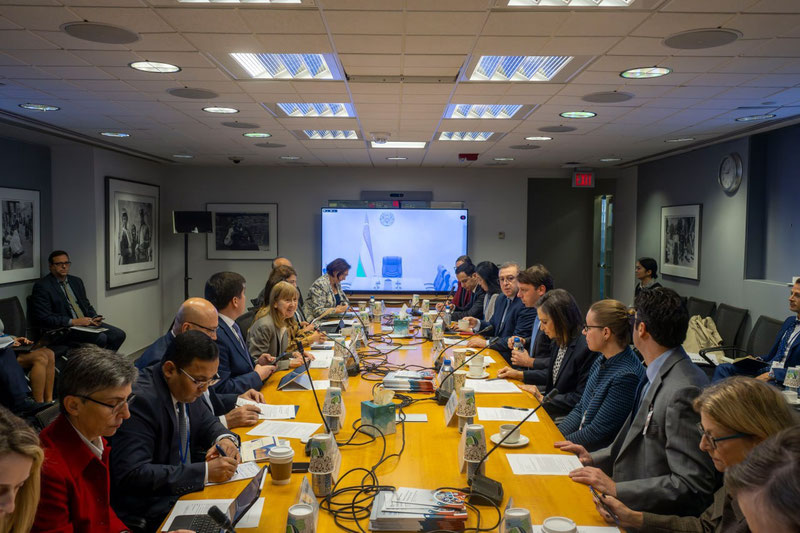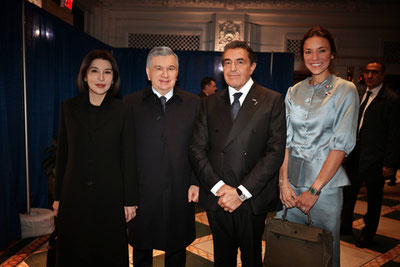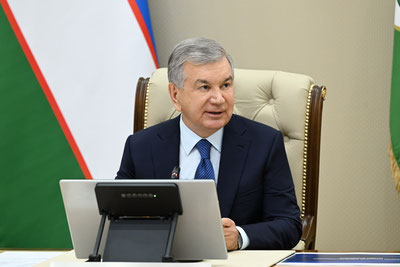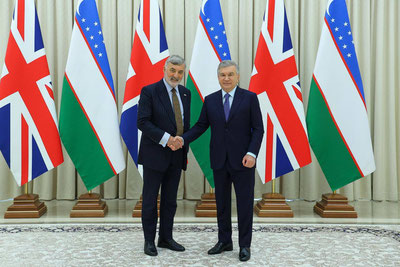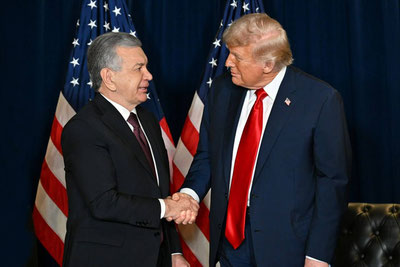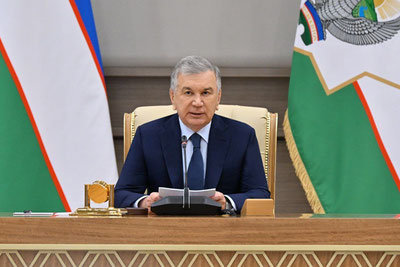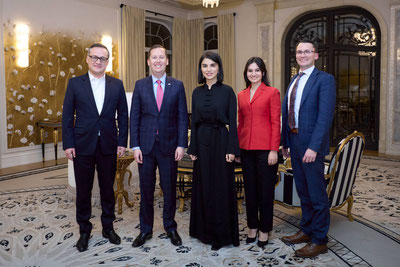Uzbekistan's accession to the WTO is forecasted to help increase the GDP by an additional 17 percent within the next 5-7 years. This was announced in Washington, D.C. at the annual meeting of the World Bank and the International Monetary Fund, in collaboration with the World Bank, World Trade Organization, and International Monetary Fund, during a high-level roundtable discussion on “Uzbekistan's Path to WTO Membership: Reforms and Global Integration.”
In the meeting, the important reforms being undertaken by Uzbekistan in the context of its WTO membership, as well as issues of joining the multilateral trading system and global value chains were discussed.
Deputy Prime Minister Jamshid Khodjaev of Uzbekistan highlighted the extensive and strategic reforms being carried out in the country and stressed that WTO membership is an integral part of these fundamental changes, introducing the goals set by the “Uzbekistan-2030” strategy and the plans to achieve them.
In conclusion, the roundtable participants noted significant successes on the path of reforms and integration, stressing the importance of further strengthening cooperation with the aim of concluding Uzbekistan's accession to the World Trade Organization by 2026.
The importance of developing the services sector, especially for landlocked countries like Uzbekistan, was specifically emphasized.
The former minister and chief negotiator of Kazakhstan, currently an advisor to the Minister of Trade and Integration, Zhanar Aitjanova, shared her experience with the positive outcomes of Kazakhstan's WTO accession.
In particular, J. Aitjanova highlighted that trade in services had significantly reduced shortages, incomes per capita increased by more than 70%, and the creation of an effective technical regulation system improved the quality and competitiveness of Kazakh national products in international markets. She emphasized that the reforms carried out in preparation for WTO accession formed a basis for long-term economic growth, improved the investment climate, and expanded the country's export potential.
In conclusion, the roundtable participants noted significant successes on the path of reforms and integration, emphasizing the importance of further strengthening cooperation to finalize Uzbekistan's accession to the World Trade Organization by 2026.
Continuing state reforms aimed at further liberalizing the economy, increasing transparency, and creating favorable conditions for sustainable economic growth and attracting investments, with all partners ready to fully support Uzbekistan.
